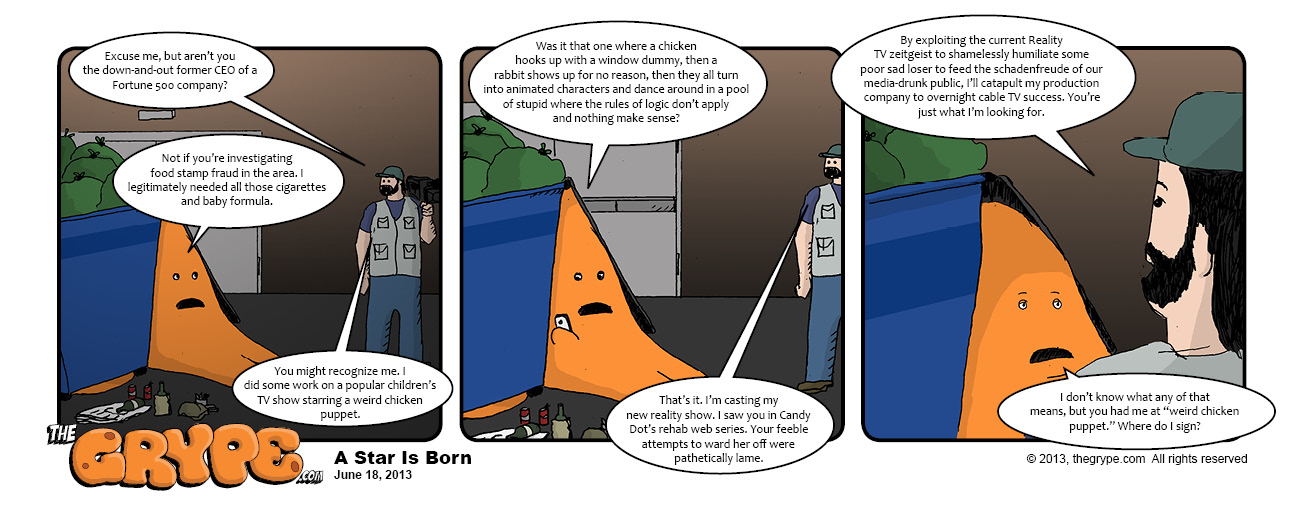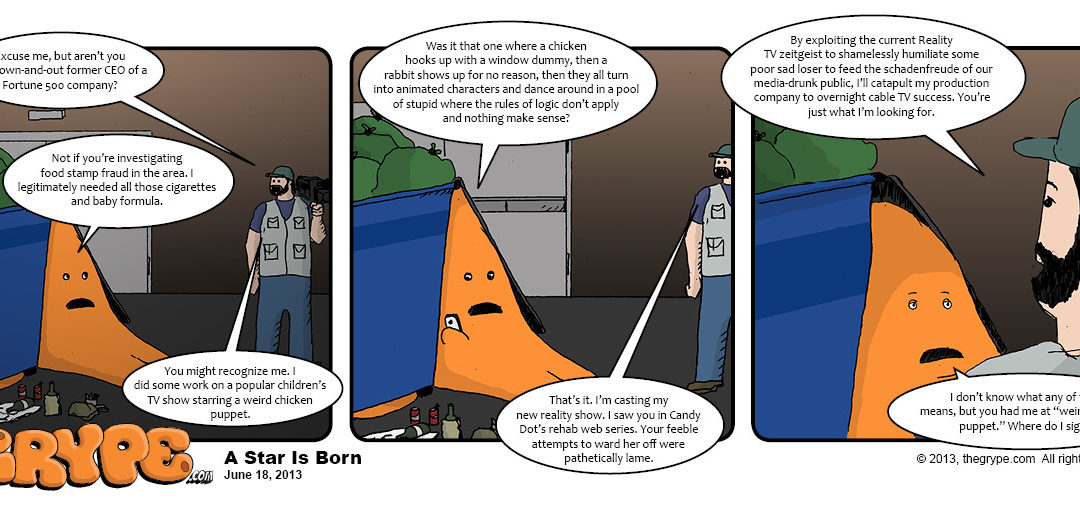 We don’t usually do gaming columns, but this one simply begged to be written, so here goes:
We don’t usually do gaming columns, but this one simply begged to be written, so here goes:
To no one’s surprise, software giant Microsoft continues to rake in record profits while inviting its customers to fuck off. They had to scramble a few years back to recover from user-backlash over their half-finished, shittily-executed Vista operating system by completely scrapping that platform in favor of its hasty replacement, the stripped-down (though arguably more stable) Windows 7. Everything was peachy until they recently dropped another billion dollar turd on us in the form of the incomprehensibly-redesigned resource hog, Windows 8. The gang in Redmond WA seem adamant that Microsoft customers are just going to have to suck it up and gratefully accept whatever Lord Microsoft sees fit to bestow.
Then came the first official announcement of the much-anticipated game platform, the Xbox One, the long-awaited replacement for Microsoft’s wildly popular XBox 360 (itself another half-ass success at the end of a long string of broken promises and dismal almosts in the Xbox line). The new console’s debut was different in a lot of ways: over half the time allotted by Microsoft to discuss the system dealt with draconian new security measures (“limiting measures”) intended to prevent gamers from sharing or reselling their game titles. Also wacky is how the new system essentially demands that its users divert their cable service through the game box, abandoning remote controls in favor of Kinect-powered 3D gestures that turn such simple acts as changing the TV channel into a bizarre symphony of Tom Cruisian conductor gestures. Huh? Plus the new unit comes pre-bundled with Skype, enabling sudden video calls to anybody and everybody in your email address book via voice-activated dialing. Through a camera that apparently can’t be manually turned off. Creepy.
Worse yet: it has to connect to the Internet over a broadband connection at least once every 24 hours, or else it won’t work. Even if you only want to play a single-player version of a game offline: if the internet can’t find your box, your box won’t work. If Microsoft can’t keep track of who you are and what you’re doing with your personal game collection, their state-of-the-art black blinking fun box bricks your system.
IT WON’T LET YOU PLAY ANY REINDEER GAMES. Not just “their” reindeer games. ANY reindeer games.
Since broadband connectivity in the United States currently only runs at around 65%, any such business-plan for the new XBox One is utterly ludicrous. And even in the most heavily-wired urban populations, internet access isn’t exactly famous for its perfect reliability. So in the event that Microsoft suffers a server meltdown (or gets clobbered by a hardcore hacking attack that knocks them offline for a few days) all games on the Xbox One and Xbox Live would be unplayable, reducing the incredibly expensive new console to the same functionality as that enjoyed by a $60 Blu-ray player.
Independent game developers are also extremely unhappy that Microsoft is demanding that they have a publisher to sell their games on the Xbox One marketplace. Some game companies have announced that this, and Microsoft’s other new restrictions on independent studios, mean their companies won’t release any new games for the Xbox One or the Xbox 360 at all. Sony, meanwhile, has taken the opposite tack, encouraging independent game designers to code new games for PlayStation 4 in relative freedom.
Couple this with Microsoft’s brilliant strategic decision to price the new system at $500 (for which they insist they are “over-delivering value”), when Sony plans to offer its competing PlayStation 4 this holiday season for just $400. I guess we’ll see which company has a Merrier Christmas.

